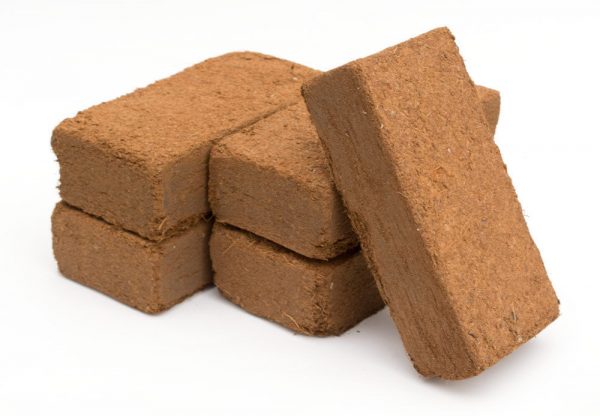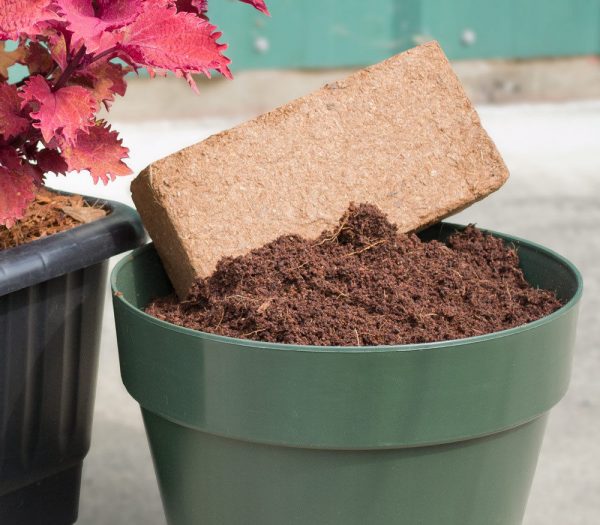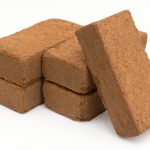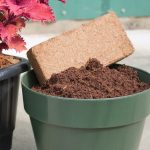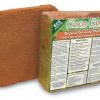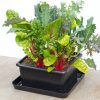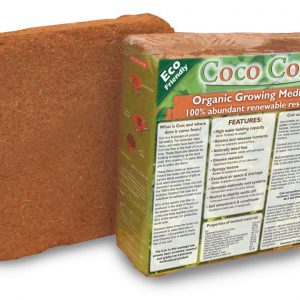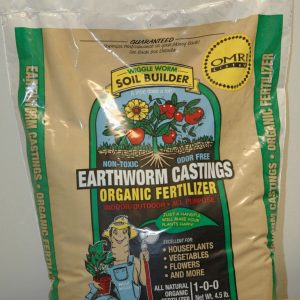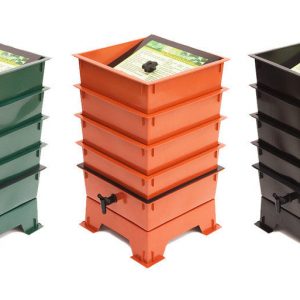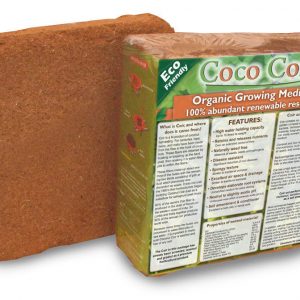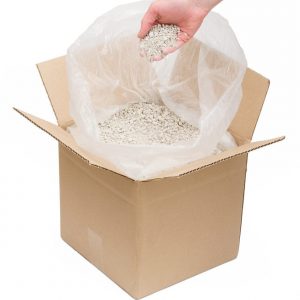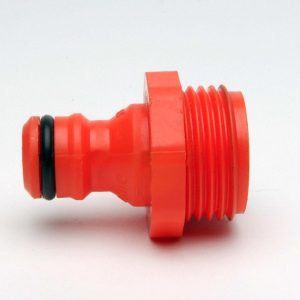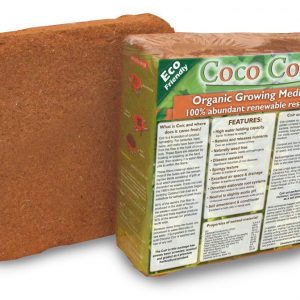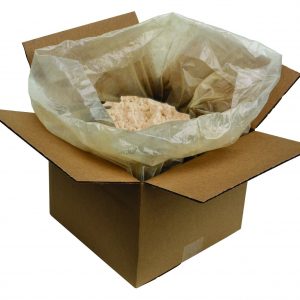Description
Coconut Coir is a 100% natural by-product of coconut harvesting, done using sustainable methods in India and Sri Lanka. It is a sustainable alternative to peat moss and is used in the same gardening capacity. Coir consists of the coarse fibers extracted from the husk on the outer shell of a coconut. Once considered useless, coir is increasingly used as a growing medium by commercial greenhouse operations. Because of its superior water holding capacity, excellent air space and drainage, coir is useful in modern hydroponics and as a soil amendment for potted plants, containers and gardens. Coir
is superior to peat moss and rock wool for structural stability, water absorption, drainage and doesn’t decompose as quickly lasting longer in your soil.
When coir is included as a soil amendment, your plants require less fertilizers, develop more elaborate and stronger root systems, and are more resistant to disease, pathogens and weeds.
How to use Coir
Coir has many different uses. It improves the flow of moisture in your gardens and is also a soil conditioner. When used in sandy soils, coir helps to keep nutrients and moisture close to plant roots instead of washing away. When used in clay soils, coir helps to break up hard-packed earth and move nutrients and moisture through the soil. The fibrous consistency of coir can help control soil erosion and is also a great hydroponic growth medium which helps to facilitate seed germination. By adding one part coir to two parts soil or potting mix containing compost, you can make a perfect growing medium for container or potted plants. You can also mix one part coir to two parts top soil in an outdoor garden or raised bed to improve the water holding capacity and structure of the soil.
Coir is practical and easy to use. After being screened, graded and washed, it is compressed into bricks. This compressed size makes for easy, convenient storage. Adding water causes the bricks to quickly expand in size. A fully-hydrated brick can hold up to eight to ten times its volume in water.
A compressed brick, block or bale should be soaked in water for at least 1 hour before using. The final volume of the expanded coir depends on the amount of water used to constitute it.
By maintaining a consistent level of moisture and air and by being naturally disease and weed free, coir creates a perfect environment for starting seeds and cuttings and can be used as a seed-starting medium.
Coir Advantages
Coir is a sustainable alternative to peat moss in that it is quickly and easily renewable and does not produce the same environmental damage caused by peat mining. In addition, coir is easier to hydrate and lasts longer in soil than peat moss. Coir is also naturally free of bacteria, plant disease, fungal spores, weeds, seeds, and pathogens making it superior to peat moss.
Coir’s neutral pH of 5.8–6.8 allows it to efficiently release nutrients to plant roots and reduces the need to use dolomite lime in the garden.
Improve your soil structure and water-holding capacity with 100% natural Coconut Coir today!



